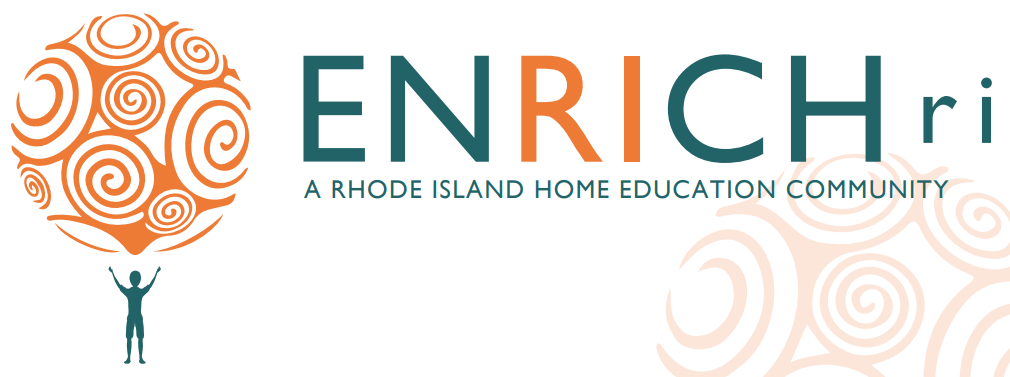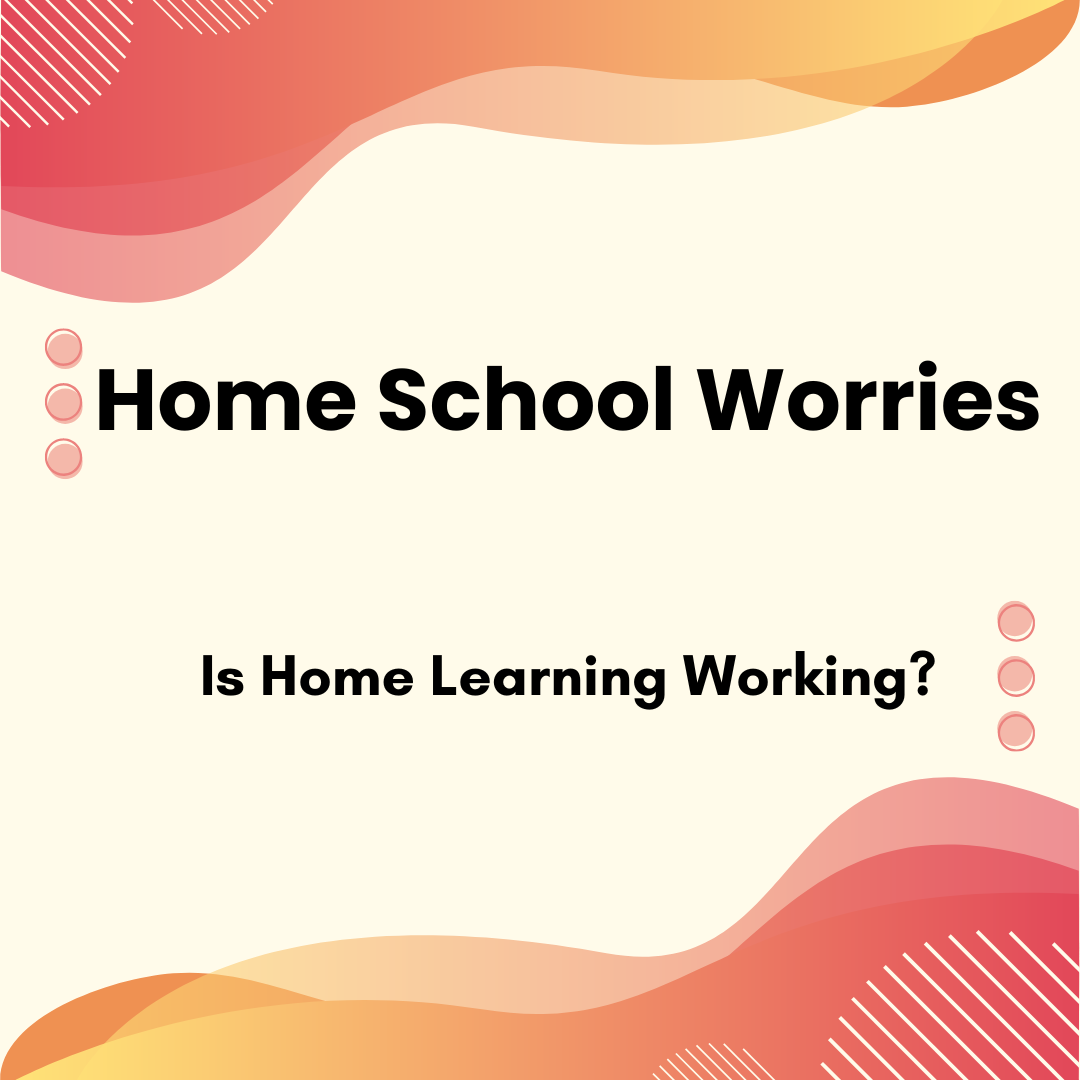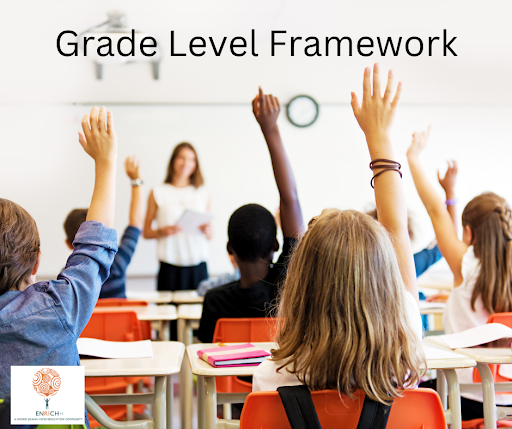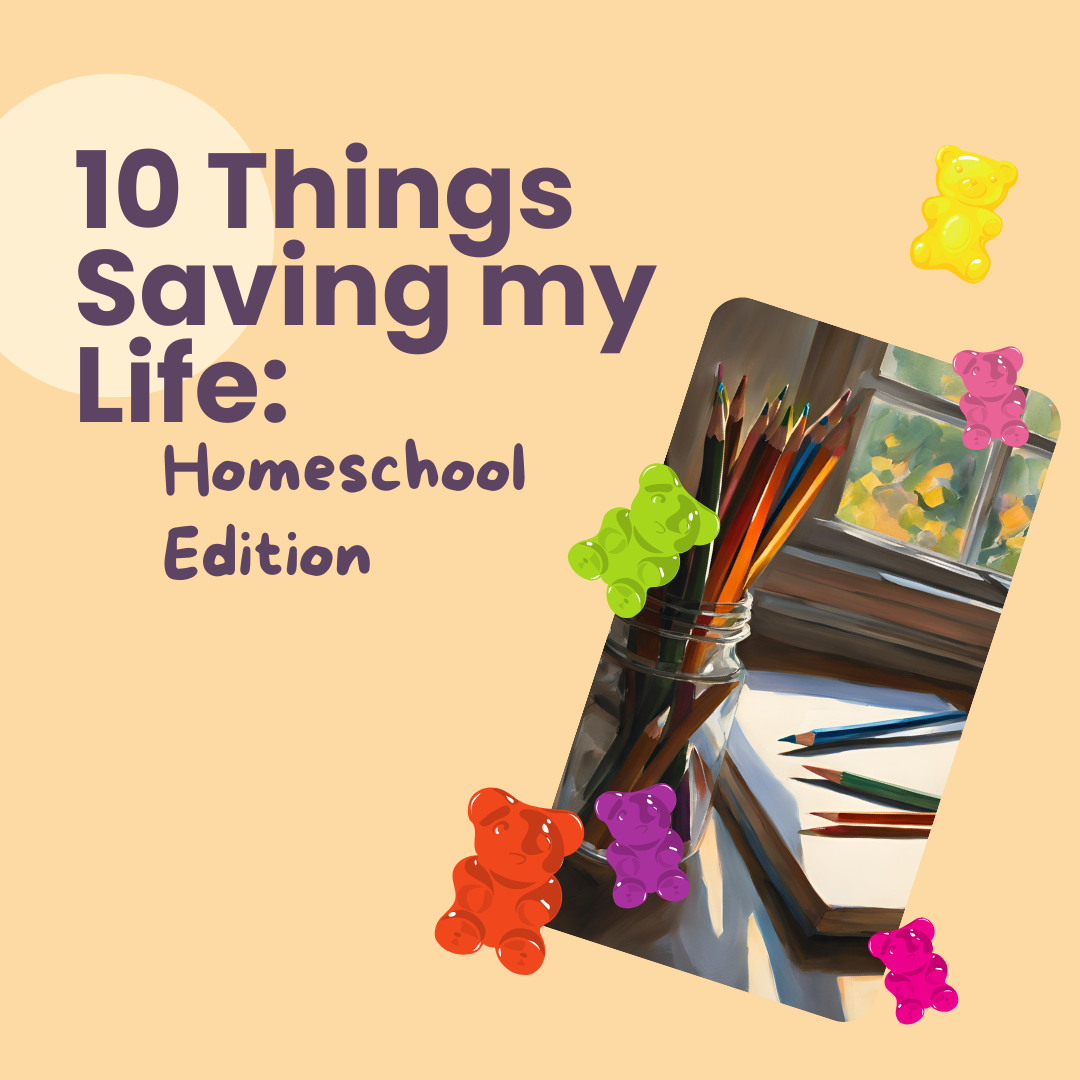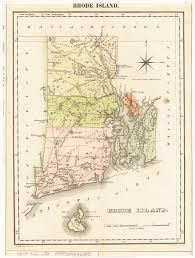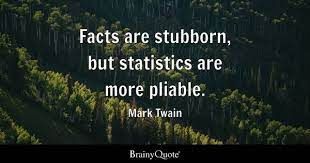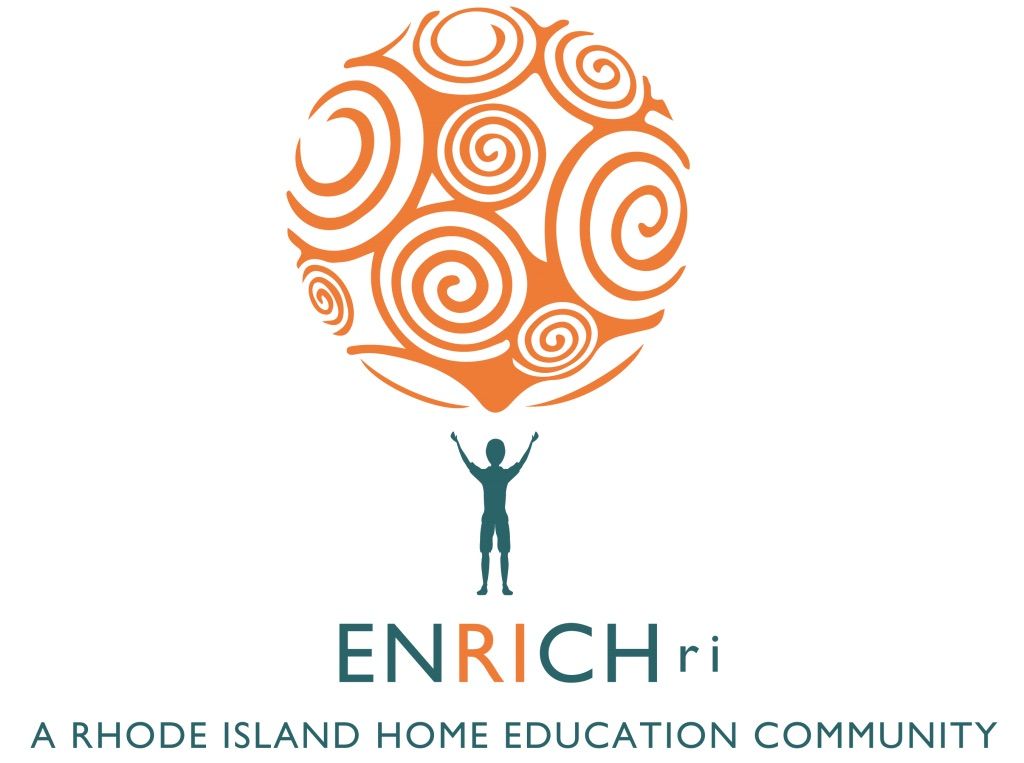Accreditation
What is it and Does it Matter?
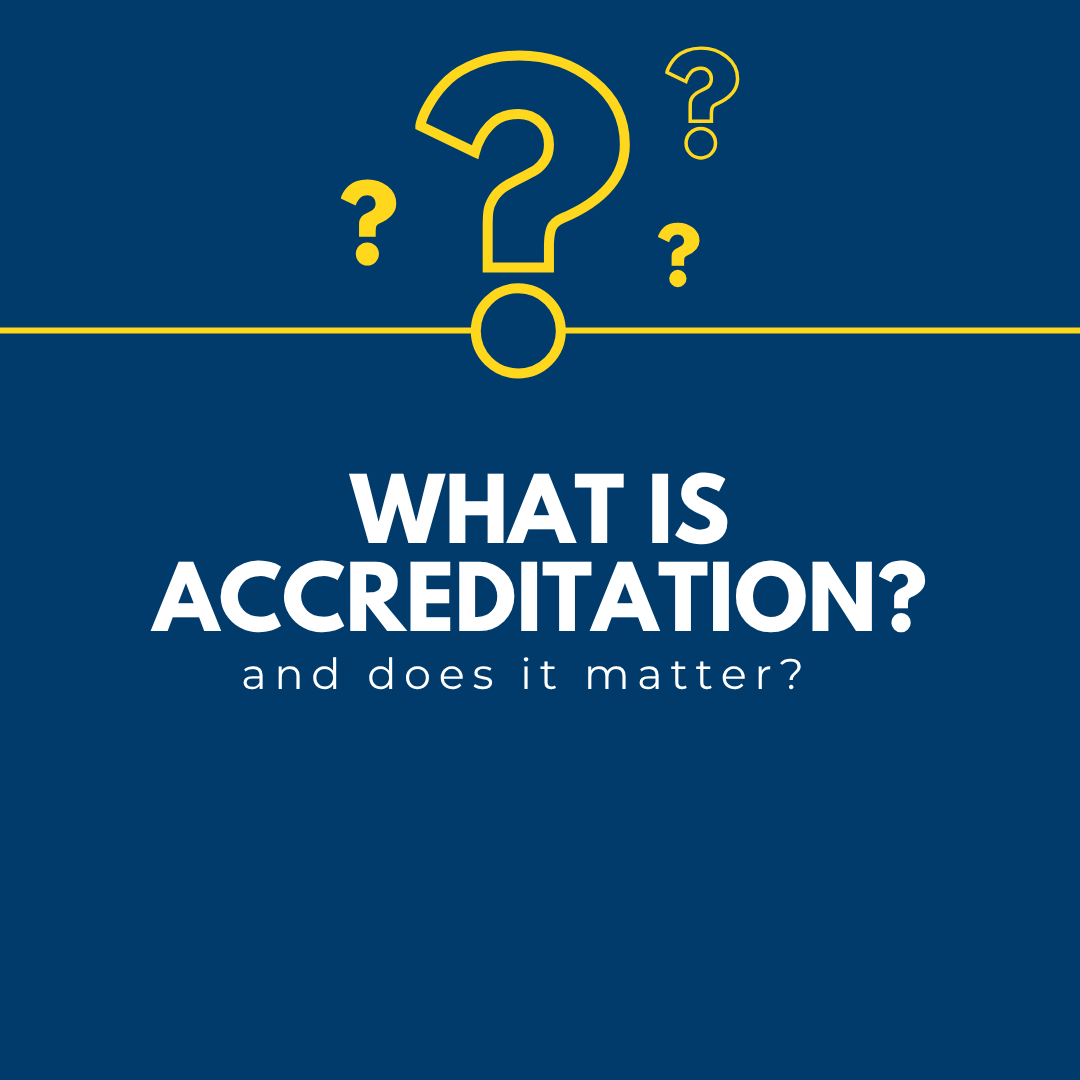
What is Accreditation?
Accreditation is a voluntary process that academic institutions undergo for certification that they meet established standards. At the K-12 level, these standards are defined by individual accrediting agencies; there are no national or state standards. Accrediting standards cover areas such as institutional operations, faculty qualifications, safety processes, quality of educational resources, and overall policies and procedures. Accreditation does not include standards for individual curricula.
For example, in New England a widely used and respected accrediting agency is the New England Association of Schools and Colleges (NEASC). Their accreditation standards can be viewed
here. But, accreditation is business and there are many agencies whose standards and accrediting process are questionable. Schools can even create their own accreditation agency and self-accredit. Additionally, accreditation is an on-going process, schools should be regularly earning re-accreditation. So when an institution advertises that it is accredited, it is important to check which accrediting agency they used and when the accreditation was earned.
Finally, accreditation is optional. Schools and institutions (both public and private) do not have to be accredited and many choose not to be as the process is expensive and burdensome on administration, faculty, and staff. Organizations may choose to devote their time, energy, and money to other priorities. For this reason, accreditation should not be used as the sole measure of a school’s quality.
What Can Be Accredited?
Accreditation applies only to institutions, not curriculum. As homeschoolers, this means that online schools or private institutions through which your child takes classes may be accredited, but do not have to be. Individual curriculum or courses cannot be accredited because accreditation only applies to institutions.
If you do see a curriculum advertised as accredited, this means it originates from an institution that has been accredited. For example, many schools offer online versions of their programs. The individual curricula has not been accredited and that accreditation says nothing about the quality of that individual resource. It speaks to the organization overall - its facilities, faculty, and procedures - which most likely you will not be using. The organization is simply using the term “accreditation” as a marketing tool.
Why Do We Hear So Much About Accreditation?
Accreditation is one way that institutions (online schools, private schools, etc) advertise the quality of their services. It sounds official and important. Many homeschoolers are told that if their children want to return to public school at some point, they must use accredited resources.
This is untrue. There are rare situations in which accreditation can matter and I will discuss those in the next section. However,
for the majority of homeschoolers accreditation is not important and does not need to be a consideration. Here’s why:
Resources (meaning individual curricula, lesson plans, and programs as most homeschoolers use) are not accredited. Again, institutions are accredited – resources are not.- Accreditation (if you choose to use an online or private school to conduct your homeschooling) does not guarantee anything (such as grade placement or high school credits) on returning to school. Accreditation standards can vary widely by agency and are not universally accepted. There are accrediting agencies that are well-established and respected and those that are dubious. If you are returning to public school, they may or may not accept the work and credits that your child has completed at home. It is the school district’s choice if they will accept some, none or all of the work completed while homeschooling.
- Accreditation or non-accreditation does not guarantee a quality education. Again, because of the variety in accreditation standards, the rigor or quality of an on-line or private institution cannot be determined simply by a statement of accreditation. You will need to research more about the specifics of the standards used or evaluate the institution and its resources, staff and procedures yourself to determine if it meets your needs. A small family owned or large corporate publishing company may produce highly regarded educational resources yet would never be accredited since curricula can not be accredited. Think of a well-known, widely used company like Prentice-Hall. Their products are not accredited, they are not a school or institution.
Does Accreditation for Homeschoolers Matter to Colleges?
No. Colleges evaluate homeschoolers the same way they evaluate all applicants. When reviewing high school coursework, admissions offices look at the homeschool transcript, standardized test scores (if required), and sometimes course descriptions. The curriculum itself is not mentioned on the transcript. It may be included in the course descriptions, but again, these will be individual resources for each course and therefore, are not eligible to be accredited.
When Does Accreditation Matter?
There are a few instances in which accreditation can matter or be required these are:
- Anecdotal: If mandated by a court or needed to prove academic rigor for legal proceedings, such as part of custody proceedings.
- If a student is intending to pursue NCAA sports in college. The NCAA has clearly defined requirements for eligibility of student athletes and it can be helpful, but absolutely not required that students take their core courses through NCAA approved providers in high school. The NCAA Homeschool Toolkit can be found here and you can also attend an NCAA Homeschool eligibility webinar or check their Eligibility Center YouTube page for a pre-recorded session.
If these situations apply to you, remember to check which accrediting agency an institution is using and when that accreditation was earned. Keep in mind that while accreditation is a measure of standards, not all are created equal and it should not be used as the only measure of a school’s quality or rigor.
Share Article
